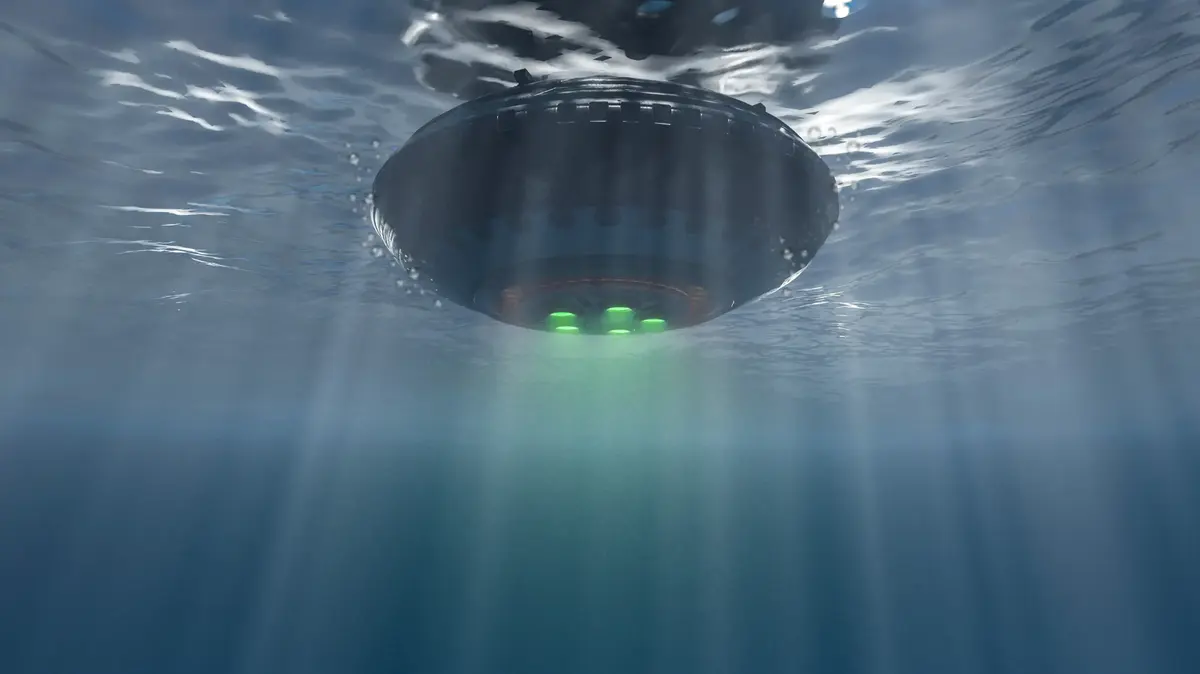Most of the income generated by the oceans ends up in the accounts of a hundred companies.
A report that seeks to lay the foundations for a sustainable sea has drawn up the list of the corporations that make the most of the so-called blue economy.
The top positions are taken by oil companies, but there are also large shipping companies, the naval industry or cruise companies.
The 100 owners of the sea keep 60% of what the seas yield.
The authors of the report believe that such concentration has its risks, but also its advantages: being few, it is easier to control them.
The Saudi oil company Aramco is the company that takes the most profit from the sea, with more than 90,000 million dollars in 2018 alone. The figure doubles the income of the next two on the list, one Brazilian and one Iranian, also oil companies.
The amounts only refer to the yield obtained from their platforms and artificial islands, not including inland operations.
This report, carried out by Duke (USA) and Uppsala (Sweden) universities, together with the Stockholm Resilience Center, shows that almost half of the firms on the list live off marine oil.
And nine of the top 10 positions are held by corporations in this sector.
If the first eight are excluded, all oil companies, the first place is for Maersk (AP Møller-Mærsk Group), with its more than three million containers and almost 600 ships to carry them.
The report, published in the scientific journal
Science Advances
, also highlights other shipping companies, maritime technology manufacturers such as Hyundai and large shipyards, almost all Chinese or Korean.
Already in position 30 on the list appears Royal Caribbean Cruises, of tourist cruises, a sector of which there are three other firms.
Their joint revenues are similar to those of port management and industrial fishing.
Only one wind energy company has made the list.
Among the hundred corporations there is only one wind energy company
The study authors estimate that the blue economy generated $ 1.9 trillion in 2018. Of that amount, 1.1 trillion was entered by the 100 owners of the oceans.
If they were a country, they would be the 16th economy in the world.
Of this second figure, oil companies take around 65%, followed very far by shipping companies (12%) and boat and shipyard manufacturers (8%).
In their report they have not included traditional and small-scale fishing, or beach tourism.
They also left out companies in an emerging sector such as marine biotechnology.
"It is a great concentration and, although we expected to find it, we were surprised that it was so big," says in an email the director of the program of coastal and ocean policies of Duke University (USA) and co-author of the study John Virdin.
"That said, the barriers to entry to operating offshore are high, requiring a lot of capital and expertise, which can be prohibitive for smaller companies," he adds.
Virdin recalls, however, that this centralization "is consistent with the patterns of the world economy, where a series of large sectors are strongly concentrated in a relatively small number of companies."
The concentration is also geographical.
Corporations in just seven countries account for 50% of what the sea yields.
And they are: the United States, Saudi Arabia, China, Norway, France, the United Kingdom and South Korea.
Nations like Brazil, Mexico, Venezuela and Spain have at least one signature on the 100 list. And about twenty of them are state-owned.
This accumulation in a few hands has its risks, especially to achieve the sustainability goals of the oceans promoted from the 2030 agenda for sustainable development of the United Nations.
Control by a small number of corporations based in a small number of countries eases pressure on authorities and regulators, which could lower environmental or competition requirements.
“In particular, in a concentrated ocean economy we see risks for small-scale fishers and traditional users of the oceans, who may be marginalized in political and decision-making processes,” says Virdin, adding that “small-scale fishing is By far the largest employer in the ocean and any loss of access or benefits to these fisheries could threaten human rights and exacerbate inequality.
But concentration also has its advantages.
"The top executives of these few, but large, companies are in a unique position to exercise global leadership in sustainability," says the scientific director of the Stockholm Resilience Center and report co-author Henrik Österblom in a note.
And he adds: "The fact that these companies are based in a small number of countries also indicates that the concerted actions of some governments could rapidly change the way the private sector interacts with the ocean."
You can write to
miguel@esmateria.com
or follow
MATERIA
on
,
,
or subscribe here to our
Newsletter
.

/cloudfront-eu-central-1.images.arcpublishing.com/prisa/DAF5L4DCS5CNLFNDLFQME5WU5M.jpg)

/cloudfront-eu-central-1.images.arcpublishing.com/prisa/ZNO7QQ6KC5E4ZGNARET747GROA.jpg)




/cloudfront-eu-central-1.images.arcpublishing.com/prisa/DBT2OEOLXBGZTLYKDBM2FWSJNM.jpg)
